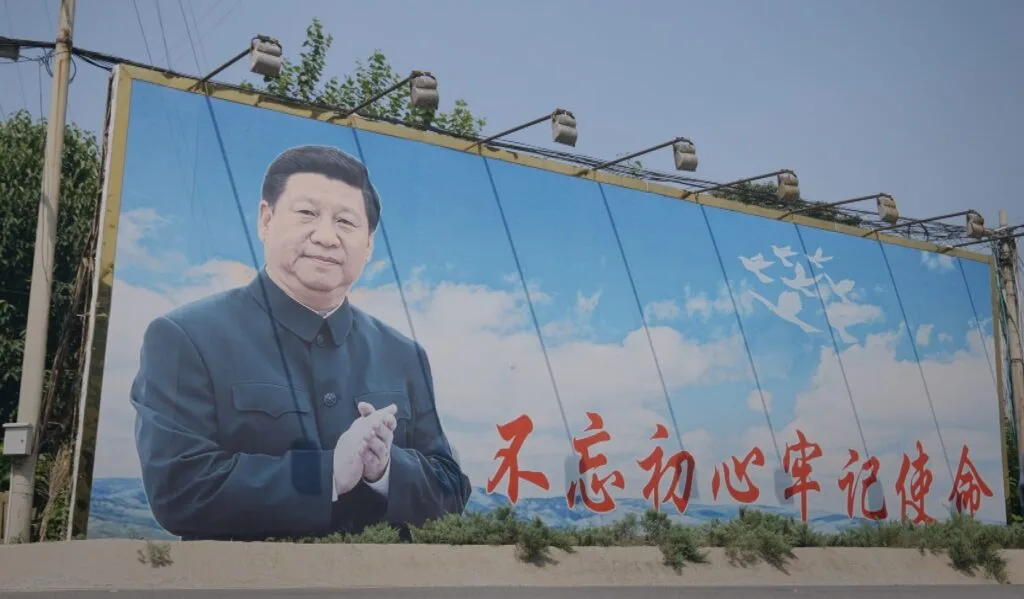Martin Smith on China Under Xi

January 17, 2025
Longtime FRONTLINE correspondent and director Martin Smith returns to talk about his latest documentary, China, the U.S. & the Rise of Xi Jinping.
With President Trump vowing larger tariffs in his second term, the documentary examines China’s rise to economic prominence, the life and vision of its longstanding leader, and rising tensions with the United States over issues such as trade and the future of Taiwan.
Smith sat down with FRONTLINE Editor-in-Chief and Executive Producer Raney Aronson-Rath to talk about the challenges of making the documentary — including not being able to film inside China — and why he chose to focus on the life and career of President Xi.
“He’s the leader of our chief global rival, and I think a lot about him is not understood,” Smith told Aronson-Rath. “We thought it was important for people to understand who he is, where he came from, what made him into the man he is.”
You can watch China, the U.S. & the Rise of Xi Jinping, from the award-winning team of Smith, producer and director Marcela Gaviria and producer Brian Funck, on FRONTLINE’s website, FRONTLINE’s YouTube channel and the PBS App.
Want to be notified every time a new podcast episode drops? Sign up for The FRONTLINE Dispatch newsletter.
Latest Documentaries
Explore
Policies
Teacher Center
Funding for FRONTLINE is provided through the support of PBS viewers and by the Corporation for Public Broadcasting, with major support from Ford Foundation. Additional funding is provided the Abrams Foundation, Park Foundation, John D. and Catherine T. MacArthur Foundation, Heising-Simons Foundation, and the FRONTLINE Trust, with major support from Jon and Jo Ann Hagler on behalf of the Jon L. Hagler Foundation, and additional support from Koo and Patricia Yuen. FRONTLINE is a registered trademark of WGBH Educational Foundation. Web Site Copyright ©1995-2025 WGBH Educational Foundation. PBS is a 501(c)(3) not-for-profit organization.



















